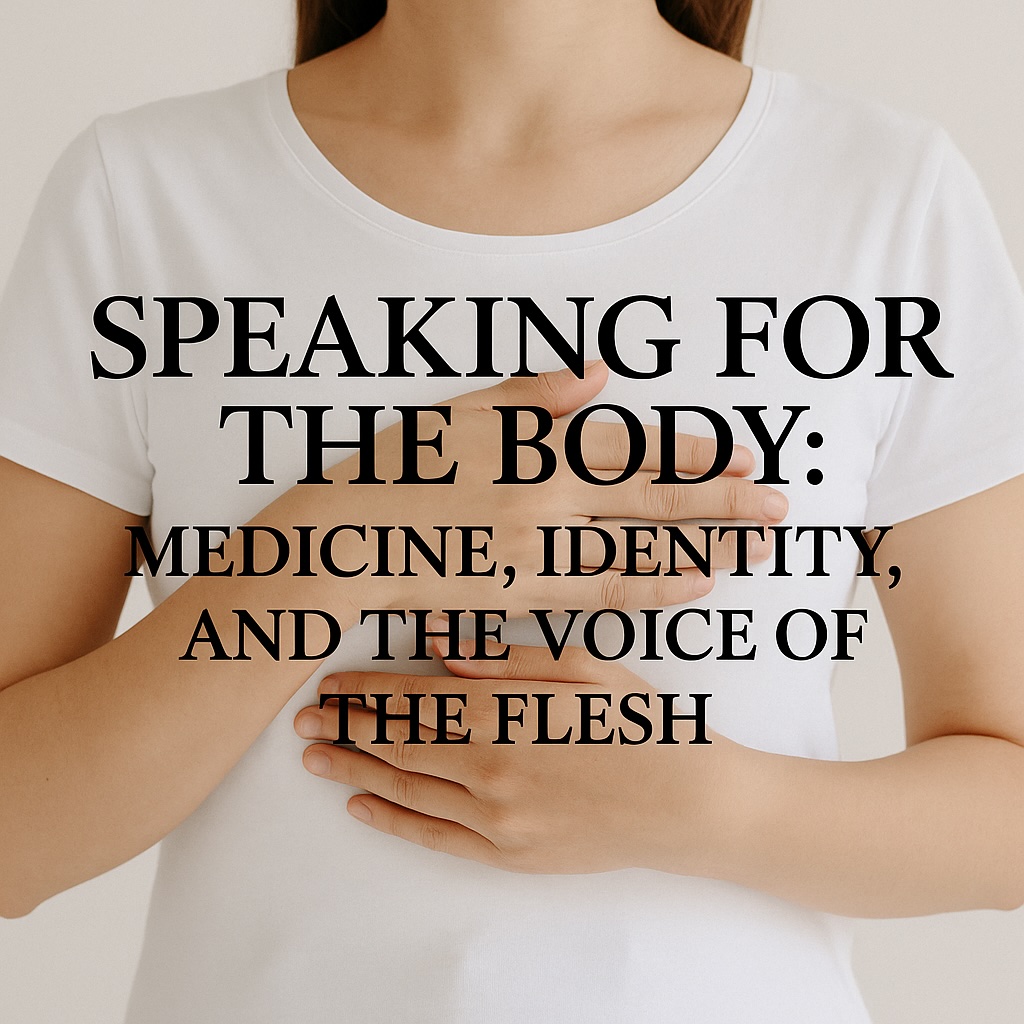
What is medicine for?
This deceptively simple question sits at the heart of a fierce debate currently playing out in courts, clinics, and the conscience of a culture. A recent case—U.S. v. Skrmetti—confronts this head-on. The lawsuit challenges Tennessee’s law banning medical gender transition procedures for minors. But beneath the legal arguments lies a deeper philosophical fault line:
Is medicine the art of healing a disordered body, or the tool of sculpting a desired identity?
Two Models of Medicine
During oral arguments, Justices Sonia Sotomayor and Ketanji Brown Jackson asked provocative questions: If a teenage girl says, “I don’t want breasts,” is that enough to justify medical suppression of puberty?
That question exposes two competing visions of medicine:
- The Service Provider Model: The physician delivers treatments to match the patient’s internal sense of self.
- The Restorative Model: The physician diagnoses and treats real pathologies based on the body’s design and function.
If patient discomfort becomes the metric for medical intervention, anything can be labeled disease—including normal puberty.
Desire Is Not Diagnosis
In her article on Fairer Disputations, Leah Libresco Sargeant argues clearly: wanting something gone does not make it a disease.
A young girl may dislike her breasts due to dysphoria—or due to social pressure, trauma, or confusion. The physician’s job is to discern the difference. A culture that teaches self-avoidance should not be allowed to weaponize medicine against the body itself.
“A good doctor must attend to the body, not simply the feelings about it.” – Leah Libresco Sargeant
Feelings matter, but they are not the final diagnostic authority. Medicine must balance compassion with truth.
Listening to the Body’s Voice
Sargeant reflects personally on her own medical journey. As a teenager, signs of PCOS1PCOS (Polycystic Ovary Syndrome) is a common hormonal disorder affecting women of reproductive age. It involves a combination of symptoms related to hormonal imbalance, metabolism, and ovarian function. were dismissed as normal. It wasn’t until later—after multiple miscarriages—that the condition was diagnosed.
Her body was speaking clearly. No one listened.
This isn’t just a case of delayed treatment. It’s a paradigm failure. Medicine did not fail to affirm her identity—it failed to honor her body’s reality. True healing requires both discernment and humility.
Medicine Must Be Rooted in Reality
When medicine drifts from diagnosis and healing into affirming personal desires, it risks becoming a mirror of cultural confusion rather than a defender of bodily truth.
We see this elsewhere:
- Athletes pushed toward surgeries or eating disorders.
- Cosmetic procedures driven by media-filtered ideals.
- Adolescents offered radical interventions in response to passing anguish.
The question isn’t just what someone wants—but why they want it. And whether medicine should say yes.
Final Word: Healing, Not Hacking
The body is not a blank canvas. It is not raw material for existential expression. It is a living testimony, created with meaning and wisdom. Our job—especially in medicine—is to listen, learn, and heal.
When medicine speaks for the body, it fulfills its sacred calling.
When it speaks against the body, it becomes something else entirely.
SOURCE: “Speaking for the Body” by Leah Libresco Sargeant on Fairer Disputations.
+++
Stay Human, Speak the Truth
